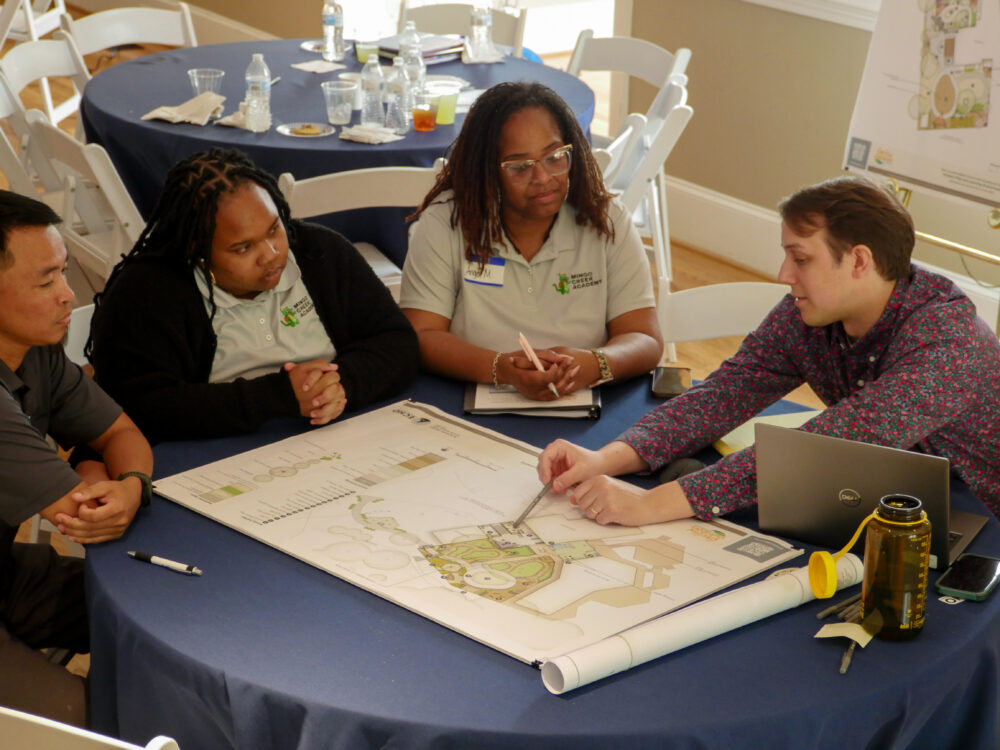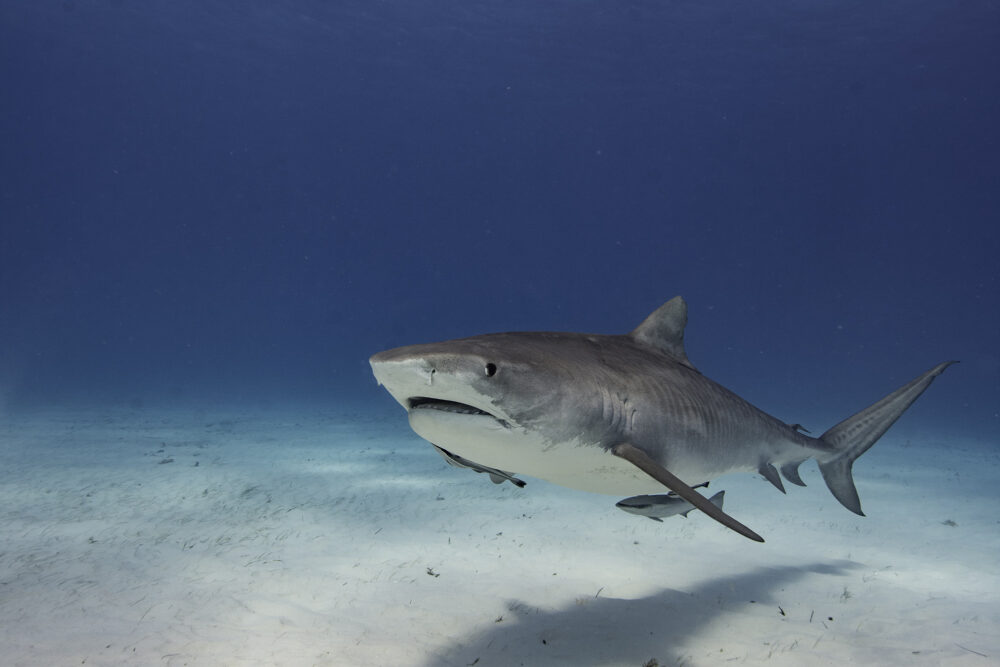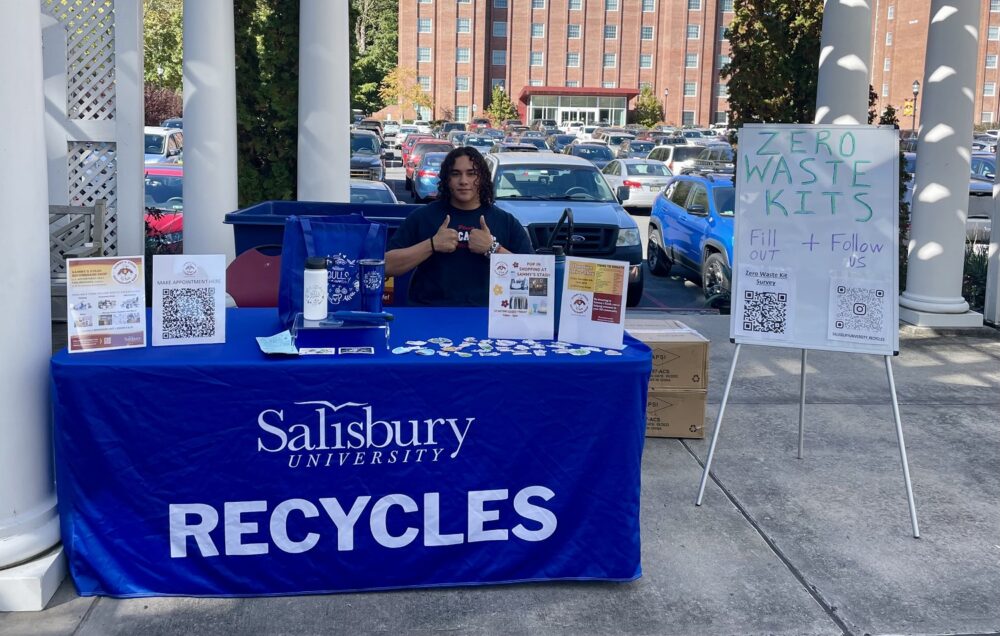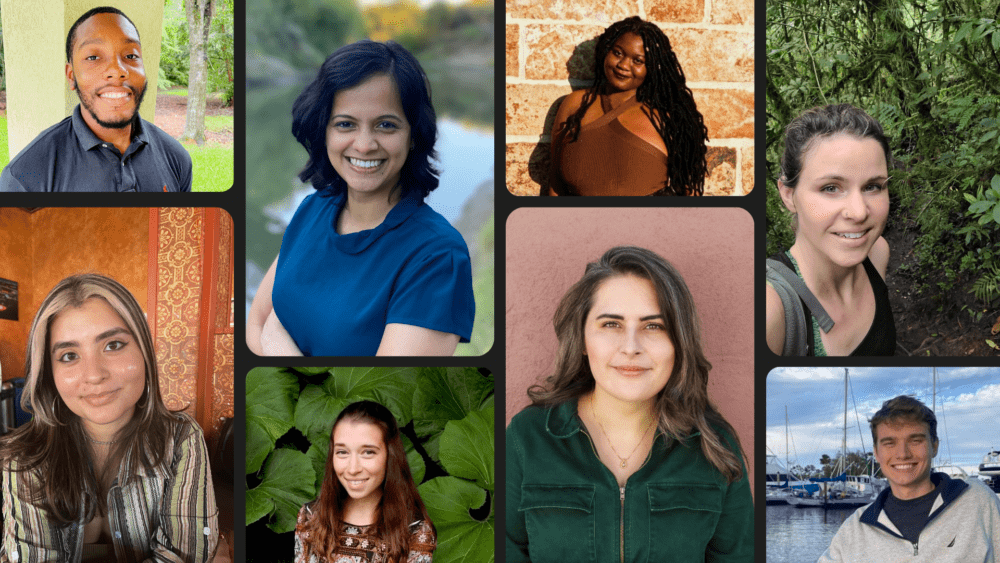We have much more to do and your continued support is needed now more than ever.
School Greening for a Pre-K Audience
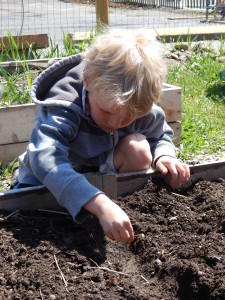
Great things are happening at Clark Fork School (CFS), where, from a very young age, students are taking ownership of their school’s greening effort and developing the intrinsic motivation necessary to respect the earth and be model citizens within their community. Thanks to a dedicated school community, CFS has adapted the Eco-Schools’ curriculum to be age-appropriate and empowering for students in Pre-K up through 5th grade.
So how have they done it? Here are a few examples of how this school has adapted the 7 step Eco-School process to make school greening accessible to a Pre-K audience:
- Eco-Action Team: Instead of having students take minutes at Eco-School meetings, they present audit findings or report on special projects.
- Environmental Audit: Younger students help make observations, while data is gatheredand analyzed by older students.
- Eco-Action Plan: Students help implement the action plan by building wildlife habitat, brainstorming playscape ideas, and painting “No Idling” signs. Students even become “Vampire Power Slayers” and ensure all electronics are unplugged at the end of the day.
- Link to Curriculum: Pre-K students plant seeds in the garden and learn about plants as they grow. Older students study local ecology and design habitat around the schoolyard, which are then used by all students for observation and exploration.
Here’s a lesson on classroom composting developed by educators at CFS (link to lesson). Feel free to use this lesson in your classroom!
Involve the Community
One Friday per month, all students come together to learn as a group and share a place-based experience. Sometimes they participate in pollinator games and learn about the life cycle of plants.Families also come together for biannual garden parties, in which family members, children, and staff play and help in the garden.
Monitor and Evaluate
They’ve developed a transportation tracking program. At the beginning of each day all students track the method of transportation they used to get to school that day and over time the students monitor transportation trends. Even the youngest students can participate in this program.
How have you been able to adapt the Eco-Schools USA program so that it works for your early education classroom?
Click here to learn more about the Eco-Schools USA program, and find out how you can participate!
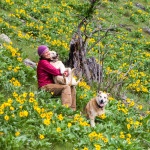
This post was a collaboration between Jennifer Murck and Kris Litz. Kris is Missoula native and is extremely passionate about helping students build a resilient bond with Planet Earth and community. She has a Master’s Degree in Adventure Education from Prescott College, with a focus on place-based and environmental education. Kris has taught students in both traditional and outdoor settings, with much of her expertise focusing on ecology, conservation, and service-learning. Kris loves exploring the outdoors with youth.












